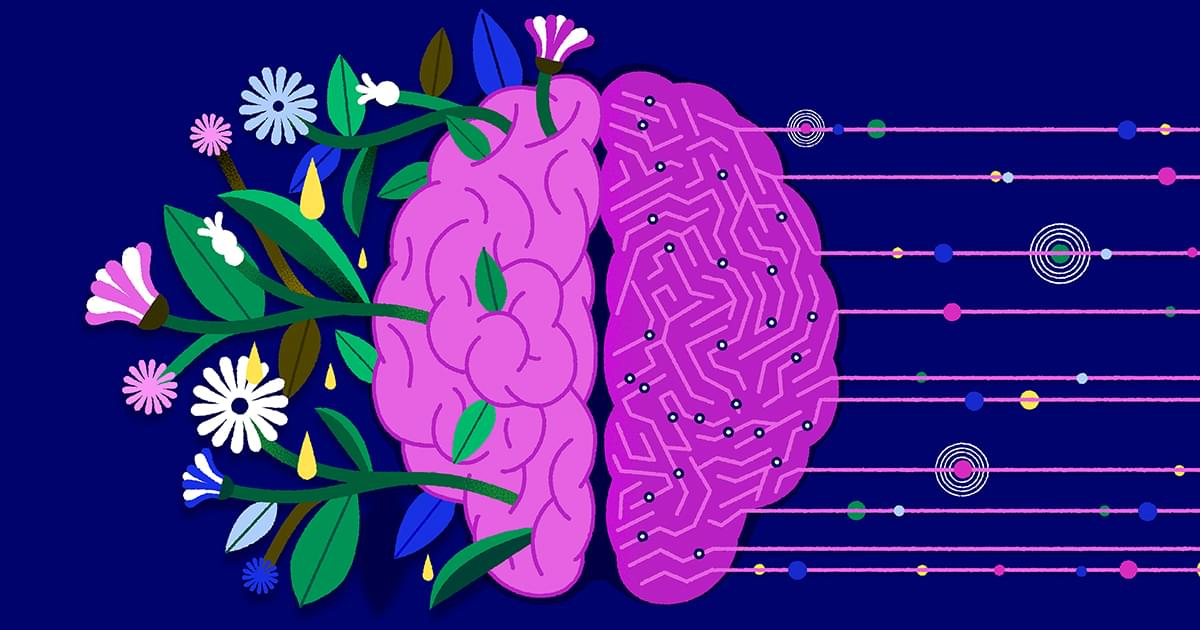Florida State University Assistant Professor of Physics Zhengguang Lu and fellow researchers have discovered new states of matter in graphene — a form of




Altermagnets, which exhibit momentum-dependent spin splitting without spin–orbit coupling (SOC) or net magnetization, have recently attracted significant international attention.
A team led by Prof. Liu Junwei from the Department of Physics at the Hong Kong University of Science and Technology (HKUST), along with their experimental collaborators, published their latest research findings in Nature Physics, which unveiled the first experimental observation of a two-dimensional layered room-temperature altermagnet, validating the theoretical predictions in Nature Communications made by Prof. Liu in 2021.
The realization and control of spin-polarized electronic states in solids are crucial for spintronics for encoding and processing information. Spin polarization is typically generated by coupling an electron’s spin to other degrees of freedom, such as orbital or magnetic moments.
What if gravity isn’t a force, but a computation? In this episode, we explore Dr. Melvin Vopson’s groundbreaking theory that gravity emerges from the universe’s effort to compress and optimize information. Discover how this idea connects with simulation theory, quantum physics, and the future of reality.
Paper link: https://pubs.aip.org/aip/adv/article/.… 00:00 Introduction 00:54 The Universe as a Computational System 02:18 Gravity as an Optimization Process 03:48 Implications and Similar Theories 07:20 Outro 07:39 Enjoy MUSIC TITLE : Starlight Harmonies MUSIC LINK : https://pixabay.com/music/pulses-star… Visit our website for up-to-the-minute updates: www.nasaspacenews.com Follow us Facebook: / nasaspacenews Twitter:
/ spacenewsnasa Join this channel to get access to these perks:
/ @nasaspacenewsagency #NSN #NASA #Astronomy#GravityTheory #InformationPhysics #MelvinVopson #SimulationHypothesis #DigitalUniverse #HolographicPrinciple #EntropicGravity #PhysicsExplained #ScienceNews #QuantumGravity #NewPhysics #ComputationalUniverse #BinaryReality #SpaceTime #QuantumMechanics #BlackHoleTheory #QuantumInformation #QuantumComputing #TheoreticalPhysics #ScienceBreakthrough #QuantumWorld #UnifiedTheory #SpaceExploration #Astrophysics #PhysicsToday #CosmosDecoded #EmergentGravity #ScienceFacts #GravityExplained #DigitalPhysics.
Chapters:
00:00 Introduction.
00:54 The Universe as a Computational System.
02:18 Gravity as an Optimization Process.
03:48 Implications and Similar Theories.
07:20 Outro.
07:39 Enjoy.
MUSIC TITLE : Starlight Harmonies.
MUSIC LINK : https://pixabay.com/music/pulses-star…
Visit our website for up-to-the-minute updates:
www.nasaspacenews.com.
Follow us.




The potential role of vitamin D in preventing and treating colorectal cancer (CRC) has attracted growing research interest – especially as CRC rates are rising, particularly among younger adults. This isn’t a new area of study. Low vitamin D levels have long been linked to a higher risk of developing colorectal cancer.
One large study involving over 12,000 participants found that people with low blood levels of vitamin D had a 31 per cent greater risk of developing CRC compared to those with higher levels. Similarly, another study reported a 25 per cent lower CRC risk among individuals with high dietary vitamin D intake.
Data from the Nurses’ Health Study – a long-term investigation of American nurses – showed that women with the highest vitamin D intake had a 58 per cent lower risk of developing colorectal cancer compared to those with the lowest intake.

In a new demonstration, a U.S. researcher showcased that a quantum computer outperforms supercomputers in approximate optimization tasks.
The University of Southern California-led (USC) study demonstrated the first quantum scaling advantage for approximate optimization problem-solving using a quantum annealer.
Quantum annealing is a specific type of quantum computing that can use quantum physics principles to find high-quality solutions to difficult optimization problems. Rather than requiring exact optimal solutions, the study focused on finding solutions within a certain percentage (≥1%) of the optimal value, according to researchers.
